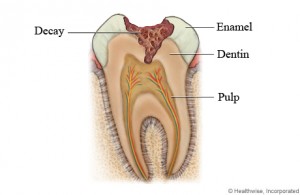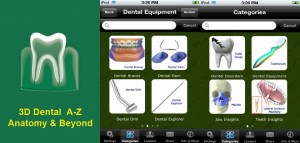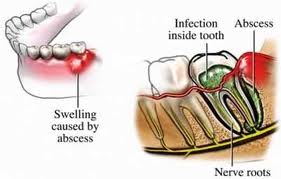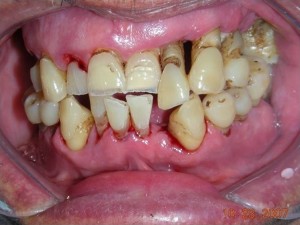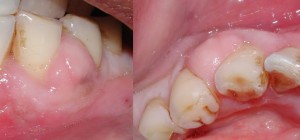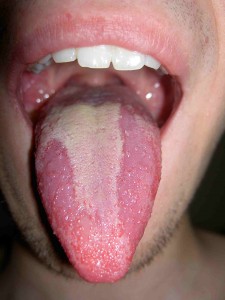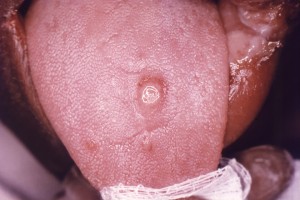Situations in the dental office are somewhat similar to whatever’s happening in an aviation industry. Challenging moments arise and making mistakes or errors should at all cost be evaded. It matters to be precise and got good judgement as people’s lives can be put at risk with simple inconsistencies and missteps.
Different organizations or industries experience different challenges and specific field of expertise but they have things in common than expected. Dental facilities and airlines have a certain degree of similarity as they try to operate on the daily where the consequences of mistakes are potentially life threatening. Outcomes or results should always be in accordance to plan; thus, gets done or completed with few to no mistakes at all.
Try to imagine what it would be like to get a dental procedure done to you and a machine would fail or the dentist would pull out the wrong tooth. It can cause damage and adverse effects on you emotionally and physically. Same thing goes for airlines in the aviation industry. Treatment errors in the dental field is usually caused by system failures and not of human performances. Legal actions gets done to dental treatments that have gone wrong which encourage the dental community to tap the airline industries. This is why dentists arrived for the crew resource management or CRM. The method limits and diminishes incidents that lead to bad outcomes.
The pilots and dentists have a shared responsibility in their respective fields which is the safety and well-being of the passengers and their patients. Making sure that a flight or dental procedure goes smoothly is not a one man show. The expertise and skill-set needed in flying or doing medical procedures is needed to improve their team’s effort. The success of any organization lies on team effort. Cabin crew and other members of the airlines work together to make sure that each flight is safe, and the same goes for dental team in the dental facility.
Here are few points of how CRM help the dental field in making sure that personnel or the dental team work together. This is just like how airline industries operate to avoid human errors and adverse effects.
Team Training. This would minimize any potential mistakes as pre-treatment briefings would open concerns as team members would feel comfortable speaking about citing potential risks or problems.
Cross-Checking. Team members or personnel should notify other members or the dentist of their mistakes and offer assistance in a non-judgemental fashion. This avoids complacency and poor communication that can result to a poor description of possible complications on treatments or medical procedures.
Checklists and Guidelines. Dental facilities can create and follow a checklist that makes sure all the necessary steps gets done before and after any procedure or treatment.
Dentists, just like any other professional, can commit mistakes and it can result to a great expense. Encouraging and training the dental team to be more communicative and open lessens human error and help keep the patients safe.
